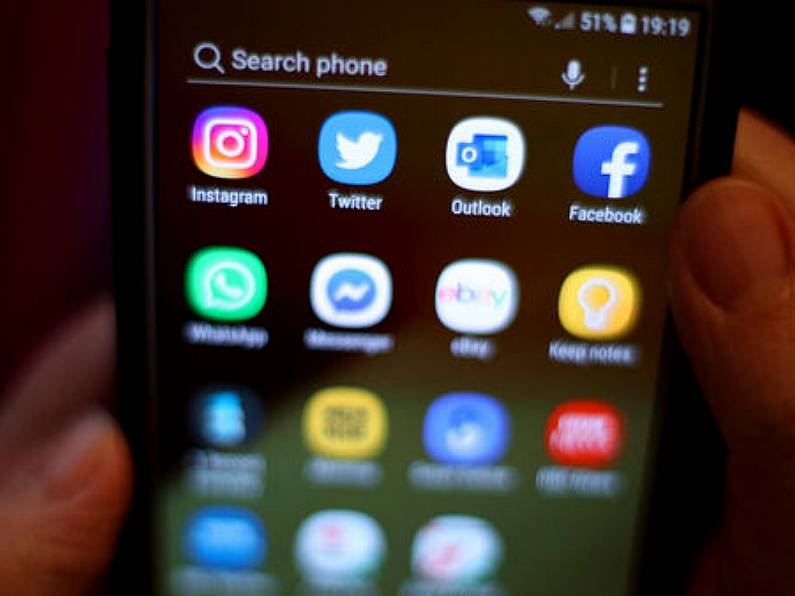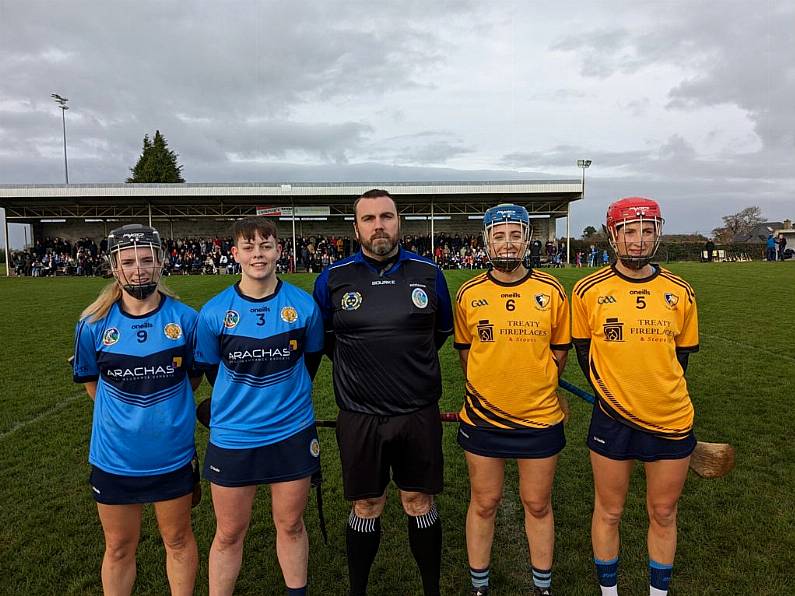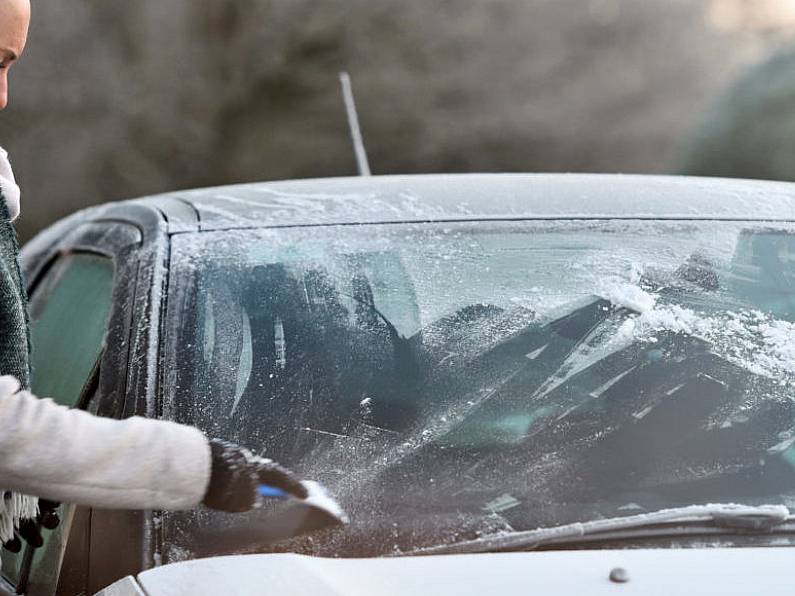The majority of children who are cyberbullied are targeted by someone they know from school, as opposed to a stranger online.
That is according to Professor James O’Higgins Norman, director of the National Anti-Bullying Research and Resource Centre, and Unesco chair on tackling bullying in schools and cyberspace at Dublin City University (DCU).
Today marks the first International Day Against Violence and Bullying in Schools, an initiative led by Unesco aiming to ensure fear and violence is eliminated from schools. One in three students have been bullied in the past month, making it the most prevalent form of violence in schools, with one in 10 students cyberbullied, according to Unesco.
Lockdown
During the lockdown earlier this year, cyberbullying was found to be more prevalent amongst younger students, and between young men.
Data shows that school bullying has been a particularly consistent issue over the past two decades but the form it takes has changed in recent years, according to Prof O’Higgins Norman.
He said: “We wouldn’t have had so much of the bullying online, 10, 15 years ago. When the bullying would happen at school, kids could go home and it was over and they had a break from it.
“Whereas now a lot of the time the bullying that starts in school can make its way online and continue there in the evenings and it's back again in school the next day. It’s a bit more all-pervasive in that sense.
“There’s always been a concern that kids who are bullied online by strangers and people they don’t know. That can happen. But the majority of kids who are cyberbullied are cyberbullied by someone they know from school, and it’s related to some in-school type of bullying.”
Bullying
Our understanding of school bullying has changed as well, he said.
"We now realise that there are certain kinds of qualities that make some people more prone to being bullied than others. For example, a person’s identity, their body type, sexual orientation, or their perceived sexual orientation, being female," he said.
"In the old days, we would have said kids who stand out in school tend to be picked on more. Today the research shows it's a bit more nuanced. For example, kids who tend to have poorer friendships offline are more likely to be cyberbullied."
Strong stance
Schools that are found to take a strong stance, and who educate children about differences, are found to help prevent bullying, he said.
“What we know from the research is that when there’s strong authoritative teachers in the school and members of staff, like the special needs assistants for example, and when they create a climate where bullying isn’t tolerated then bullying goes down.”
Studies carried out by Unesco show that students who are frequently bullied are nearly three times more likely to feel like an outsider at school. They are also twice as likely to feel lonely, to be unable to sleep at night, and to have contemplated suicide.
These are "appalling findings of deep concern", according to President Michael D Higgins. Tackling the issue of school bullying will "depend on the community, better teacher training, and improved school environments that will promote tolerance, inclusivity, and equality," he said.
DCU has partnered with the Department of Education and Skills, Rethink Ireland, and Facebook on a free, national anti-bullying programme for schools called Fuse.













